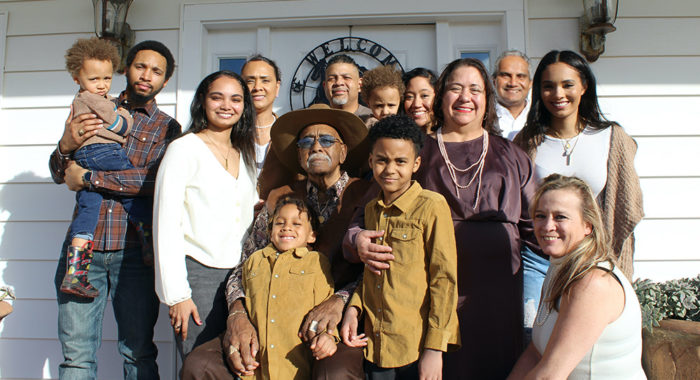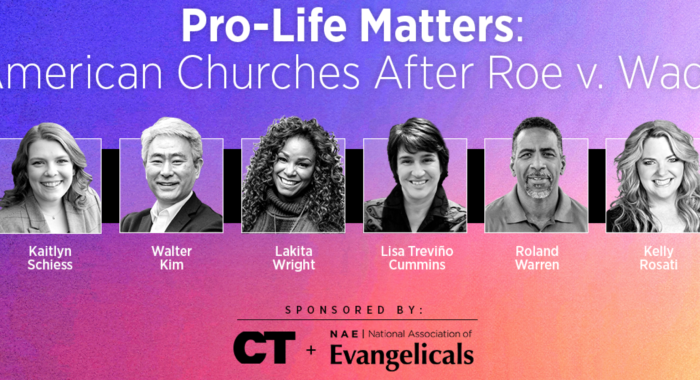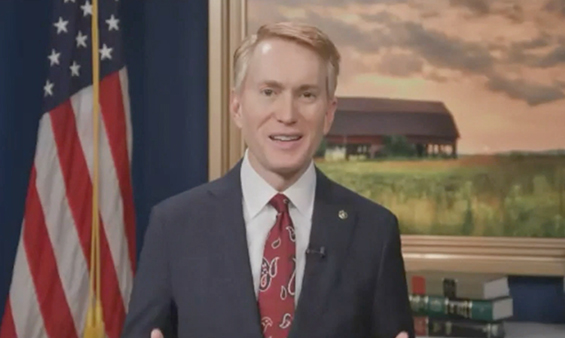“I will not give a lethal drug to anyone if I am asked, nor will I advise such a plan; and similarly I will note give a woman a pessary to cause an abortion.” -Hippocrates (470-360 B.C.)
Although we don’t know much about him, Hippocrates is called the Father of Western Medicine and is world-famous for the Hippocratic Oath. Quoting the Oath was once an annual ritual at medical school graduation ceremonies. Today it is seldom quoted. The line pledging not to perform abortions was once a central tenant of ethical medicine but is now politically controversial. How sad.
Abortion is nothing new. It was a frequent practice 2,500 years ago when Hippocrates lived in Athens and 2,000 years ago when St. Paul traveled the Roman Empire. There were millions of abortions long before the infamous Roe v. Wade decision of the 1973 U.S. Supreme Court.
As evangelical Christians who take the Bible seriously and believe in the sanctity of all human life created in the image of God, abortion is about life more than about politics. If Roe v. Wade were decided differently in 1973 or reversed in 2012, we would still work and pray to reduce the number of abortions in America and around the world. We are pro-life because of God and life, not because of politics or court decisions.
While we will continue to seek legal restrictions on abortion-on-demand, we must also look for ways to eliminate abortions whether legal or illegal. And, the place to begin in within our own evangelical churches and communities where pollsters report far too many abortions.
Our churches must talk about a biblical theology of sex, show compassion for those with unplanned pregnancies, give support to bring babies to birth, encourage abstinence from premarital sex, discourage married couples from choosing abortions, discuss contraceptives and specially recognize the needs of those having second and third abortions. This is not all. There is much more to do. We simply must not assume that abortions are elsewhere but not among us. Our actions cannot be limited to occasional sermons and political rallies. Let us talk out loud about specific practical ways to reduce the number abortions among evangelical Christians.
This article originally appeared in the NAE Insight.
Leith Anderson is president emeritus of the National Association of Evangelicals and pastor emeritus of Wooddale Church in Eden Prairie, Minnesota. He served as NAE president from 2007–2019, after twice serving as interim president. He served as senior pastor of Wooddale Church for 35 years before retiring in 2011. He has been published in many periodicals and has written over 20 books. Anderson has a Doctor of Ministry degree from Fuller Theological Seminary, and is a graduate of Moody Bible Institute, Bradley University and Denver Seminary.




 View All Articles
View All Articles 




























